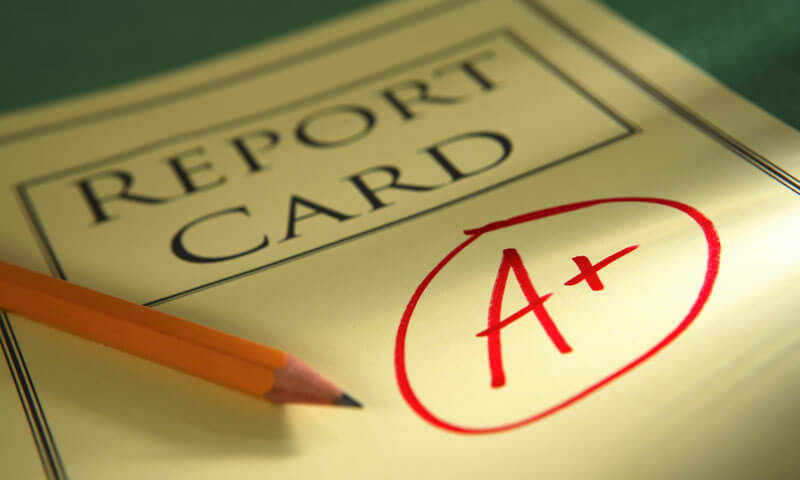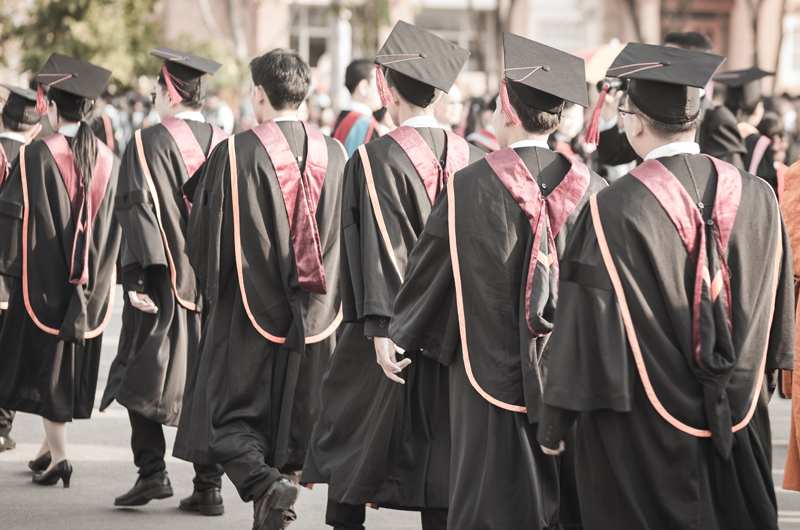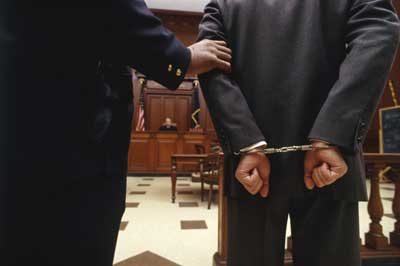Summary: During a Cardozo School of Law panel, Judge Jed Rakoff suggested that legal technicians could fix the problem of rising legal costs.
On Monday, U.S. District Judge Jed S. Rakoff spoke on a panel at Cardozo School of Law about the costs of the legal system, Bloomberg Law reported. He stated that the free market has not been able to change law firm billing rates because the legal industry operates like a guild with substantial barriers to entry.
Judge Rakoff was nominated to serve on the United States District Court for the Southern District of New York by President Bill Clinton in 1995. He entered the court in 1996, and in 2010, he was named a senior judge. In addition to serving on the U.S. District Court, he teaches law at Columbia. In 2014, Forbes listed Rakoff as one of the world’s 50 greatest leaders.
During the panel, Rakoff asked why the free market wasn’t operating in the legal industry, and he said that the cost of a law degree was one of the “substantial barriers to entry” to the profession. He said that he would like the industry to operate more like the medical profession, where doctors and other medical professionals could set their own prices, no matter how varied.
Fellow New York judges Richard M. Berman, John G. Koeltl, and Loretta A. Preska joined Judge Rakoff’s panel, and Chief Judge Robert A. Katzmann of the U.S. Court of Appeals for the 2nd Circuit moderated.
All of the judges on the panel came to a consensus that the profession needed to address the legal field’s high cost. According to a 2016 Cardozo Law Review article called “The Cost of Rules, the Rule of Costs,” the average hourly rates for partner increased from $122 in 1985 to $532 in 2012.
Judge Rakoff offered one potential solution to lowering costs–legal technicians.
Like a nurse practitioner to a doctor, a legal technician is a licensed non-lawyer who can help clients in a limited capacity, and they offer services at a much lower rate than an attorney. The limited license legal technician (LLLT) program was pioneered in the state of Washington to address the need for more access to legal services by low-income residents.
According to the Spokane Journal, the program allows paralegals and paralegal students to take additional courses to earn a license, which allows them to provide counsel to underserved populations. Additionally, legal technicians can draft documents and perform legal research, but they are unable to represent clients in court or negotiate on their behalf.
Some critics have expressed that LLLTs provide the poor with less-educated counsel, but a few Spokane-based attorneys told the Spokane Journal that the program is beneficial to those in need.
“We’re confident this program provides excellent training for LLLTs, and rather than competing for existing clients, is designed to cater to a previously unserved population,” attorney Jeanne Dawes said.
- Related: Online Legal Advice Popularity Increasing
- Related: New Study Says Robot Won’t Take Legal Jobs Any Time Soon
Source: Bloomberg Law













































